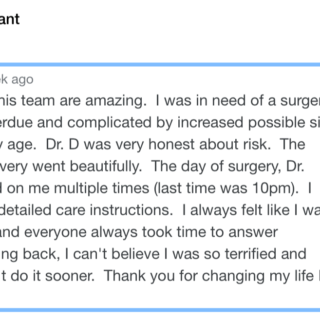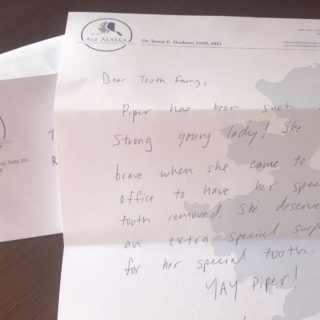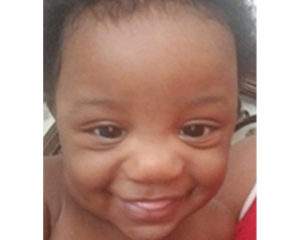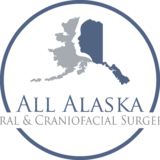Overview: Treacher Collins Syndrome (TCS) is a birth difference that can affect the appearance of the ears, eyelids, cheek bones and upper and lower jaws. Individuals with TCS will demonstrate variable severity of these facial differences with some patients demonstrating obvious facial deformity while others show signs only discernible by an experienced Craniofacial expert.
Causes: TCS is caused by a gene abnormality either passed to a child from one parent who also has the condition or, in the case of two unaffected parents, a spontaneous gene mutation occurring upon conception of the child. If the abnormal gene is passed from one affected parent, the chance of having future children with the condition is 50% for all subsequent pregnancies; if both parents are unaffected, the chances of having a subsequent affected child are exceedingly rare. Similarly, if a child with TCS grows up, marries and has children, each of that individual’s offspring has a 50% chance of being born with TCS.
Signs and Symptoms: Children born with TCS do not commonly demonstrate cognitive impairment. Most individuals with TCS however, do have some degree of hearing loss due to abnormal sound conduction through the outer and middle ear; if hearing loss is not appropriately treated, speech deficits can develop. TCS can result in smaller-than-normal jaws, mouth and throat, causing difficulty with eating and breathing in some cases. Further, children born with TCS will often have a cleft palate, increasing the chances for feeding issues and middle ear complications.
Treatment: Infants with TCS will receive hearing assessment and treatment with hearing aids within the first few months of life. In some cases, an early childhood program will be implemented to address speech and language issues. If the child is born with a cleft palate, a Craniofacial surgeon will discuss with the family the ideal time for palatal closure surgery. Finally, the Craniofacial surgeon will discuss appropriateness and timing of facial reconstructive surgery, dependent upon severity of facial differences and level of function.



